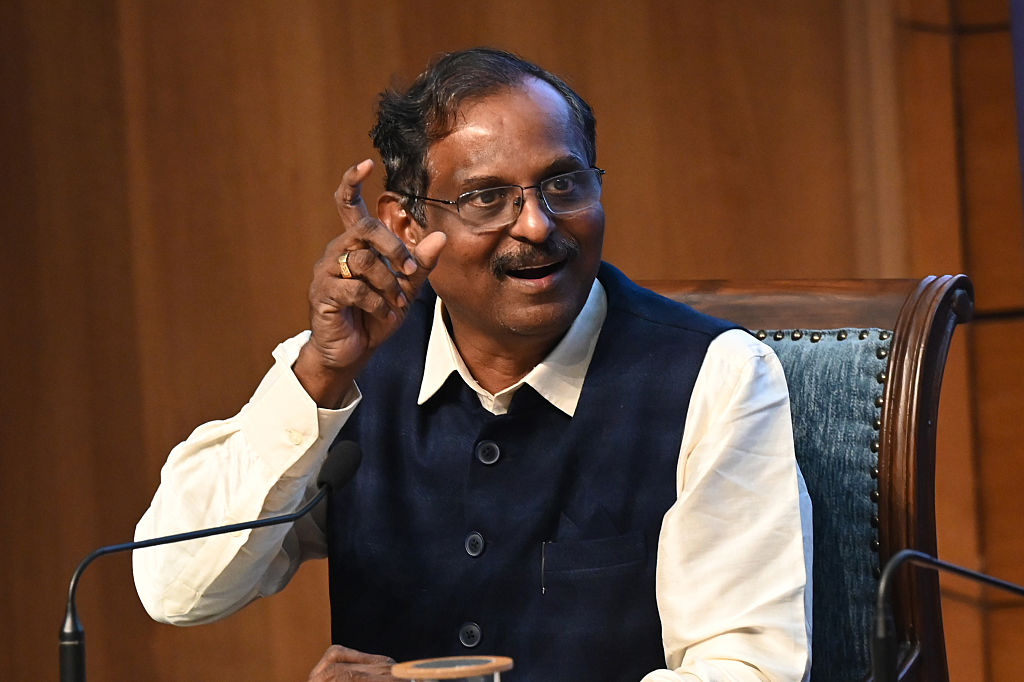India has secured nine major world records in space exploration and is on track to add 8–10 more in the coming years, ISRO Chairman V. Narayanan said on Tuesday.
Addressing the All-India Management Association’s 52nd National Management Convention, Narayanan highlighted India’s achievements from Chandrayaan missions to the Mars Orbiter Mission and advancements in cryogenic technology.
In 2008, with the Chandrayaan-1 mission, India became the first country to discover water molecules on the lunar surface, subsurface and exosphere. This finding was later confirmed by NASA’s Sofia Observatory.
The Mars Orbiter Mission in 2014 made India the first nation to reach Mars on its maiden attempt. In 2017, the PSLV-C37 created history by launching 104 satellites in a single mission.
Chandrayaan-2 in 2019 placed the world’s best orbiter camera around the Moon, while Chandrayaan-3, on August 23, 2023, made India the first country to land a spacecraft near the lunar South Pole. The mission also carried out the first in-situ measurement of the lunar surface environment in that region.
Between 2014 and 2017, India achieved three global records in cryogenic stage development, including the fastest maiden flight of LVM3 with a cryogenic stage in 28 months, compared with timelines ranging from 37 to 108 months in other nations.
Narayanan said ISRO’s cost-sensitive approach has been crucial in reducing launch expenses. “We analyse and authorise every test with utmost care, and this sensitivity has helped us keep launch costs low,” he said.
The ISRO chief also noted that India has launched more than 4,000 rockets and 133 satellites so far, contributing to national security, economic growth, and the rise of space entrepreneurship.
Looking ahead, Narayanan said ISRO plans to achieve 8–10 additional world records in space technology. He added that by 2040, India aims to land a human on the Moon, marking another milestone in the country’s journey toward becoming a developed nation.
-IANS














